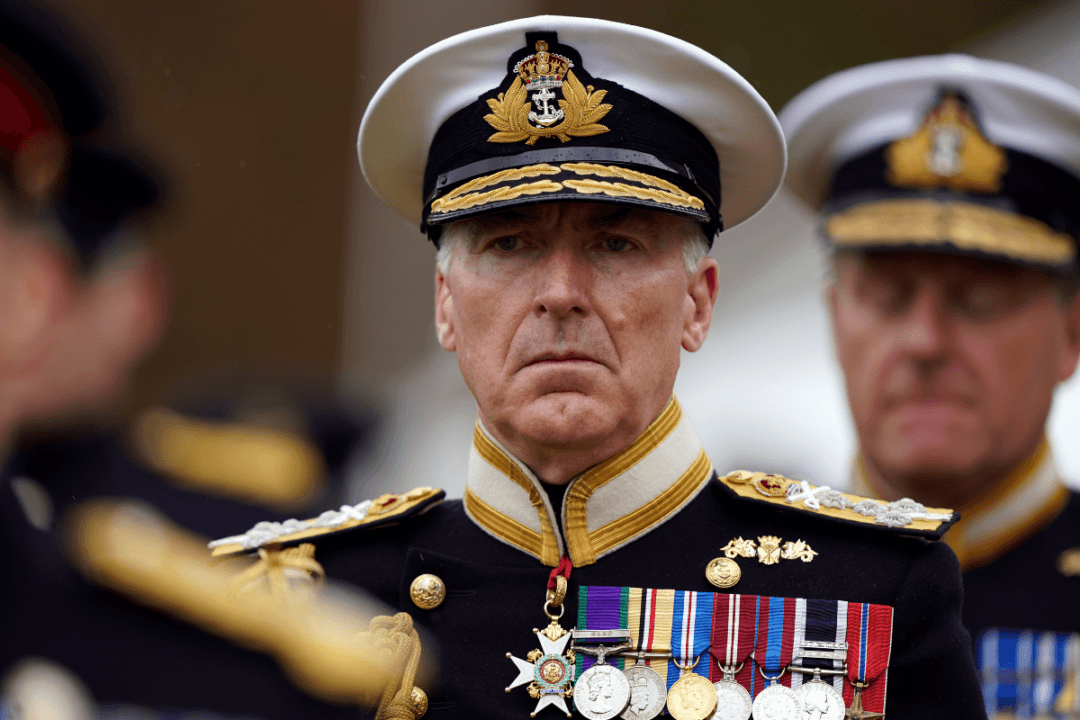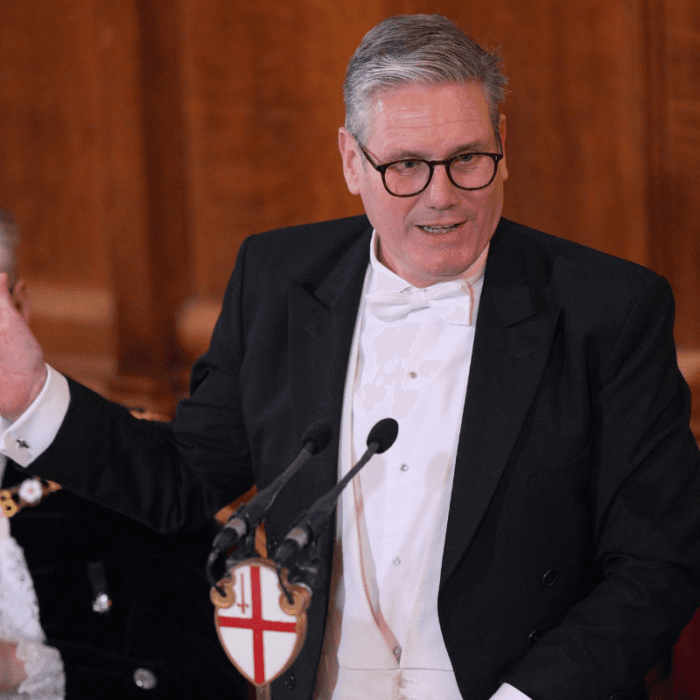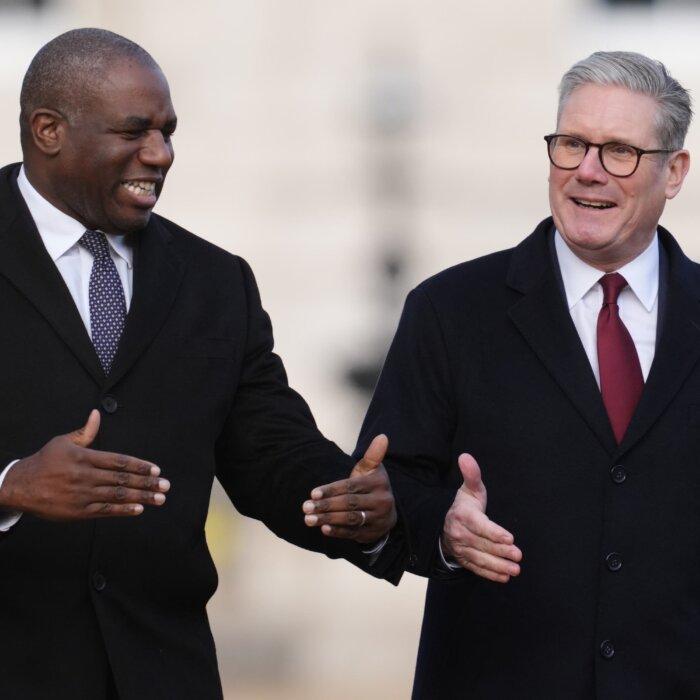There is only a “remote chance” that Russia would invade or directly attack the UK, the head of the armed forces has said.
He continued: “That includes recognising that there is only a remote chance of a significant direct attack or invasion by Russia on the United Kingdom. And that is the same for the whole of NATO.”
He added that Russia knows the response to such actions “would be overwhelming, whether conventional or nuclear.”
“The strategy of deterrence by NATO works and is working. But it has to be kept strong and strengthened against a more dangerous Russia,” he said.
Prime Minister Sir Keir Starmer launched the review in July after winning the election, when he also pledged to increase defence spending to 2.5 percent of GDP, which is higher than the 2 percent mutually agreed by NATO partners in 2014.
‘Third Nuclear Age’
In his wide-ranging speech at RUSI, Radakin said that global power is shifting, and a “third nuclear age is upon us.”The chief of defence said the first nuclear age was the Cold War and the second was the age of disarmament efforts and counter-proliferation.
“But we are at the dawn of a third nuclear age which is altogether more complex. It is defined by multiple and concurrent dilemmas, proliferating nuclear and disruptive technologies, and the almost total absence of the security architectures that went before,” he said.
Radakin listed the “wild threats of tactical nuclear use” from Russia and China’s nuclear build up as areas of concern in this new “nuclear age.”
“Iran’s failure to cooperate with the IAEA [International Atomic Energy Agency] is a concern, and North Korea’s ballistic missile programme and erratic behaviour presents a regional and, increasingly, a global threat,” he added.
The armed forces chief, however, said that the UK maintaining its nuclear deterrent “is the one part of our inventory of which Russia is most aware and has more impact on [Russian President Vladimir] Putin than anything else.”
He noted that successive British governments have invested “substantial sums of money to renew both our submarines and warhead and to recapitalise our nuclear enterprise after decades of underinvestment.”
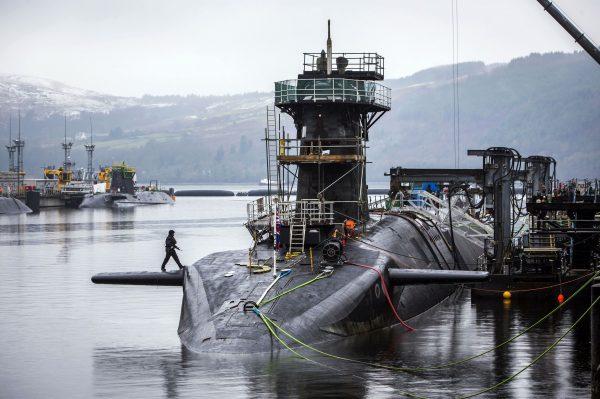
Strategic Defence Review
When Starmer launched the Strategic Defence Review in July, he said: “We live in a more dangerous and volatile world. My government will forge a new clear-eyed approach to our national defences, equipping us to tackle international threats head on while keeping the British people safe and secure.”These included decommissioning of HMS Albion and HMS Bulwark, the Royal Navy’s two Albion Class amphibious assault ships, which land Royal Marines and their equipment ashore.
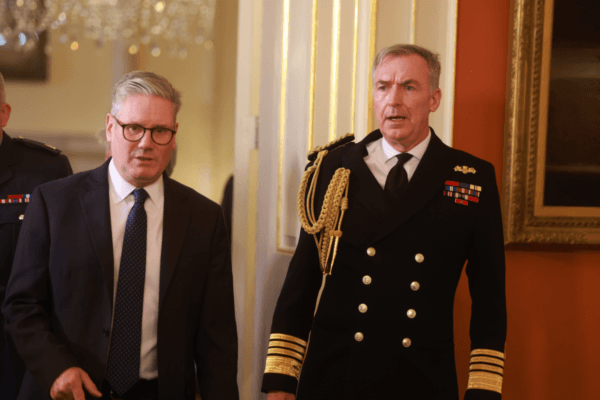
Defence Secretary John Healey also announced the decommissioning of the Type 23 frigate HMS Northumberland, which the minister said was beyond economic repair.
The Army’s Watchkeeper drones, two Wave class tankers, and the 14 oldest Chinook transport helicopters will be decommissioned. From 2025, the RAF’s Puma HC Mk2 medium support helicopters will also be taken out of service.
Healey told MPs, “These decisions are set to save the Ministry of Defence £150 million over the next two years and up to £500 million over five years—savings that will be retained in full in defence.”
